Pressured to be 'best moms,' women say it's not just about money
Despite hefty childbirth benefits, young women still find motherhood unappealing as pressure persists on moms for childcare
By Lee Jung-jooPublished : March 6, 2024 - 15:44
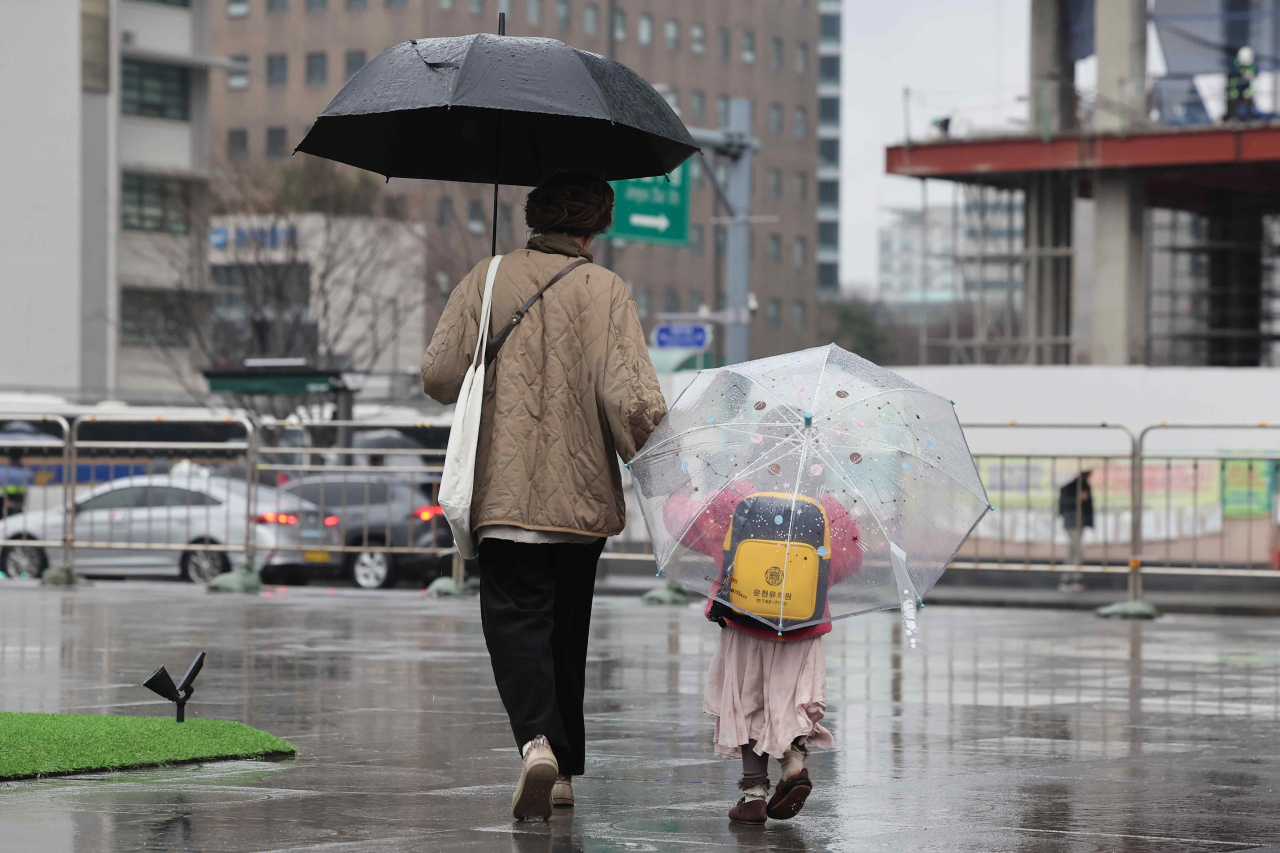
With South Korea’s total fertility rate reaching as low as 0.72 in 2023, making it one of the lowest among the ranks of the 38-member Organization for Economic Cooperation and Development, the government is devising a list of attractive policies to persuade women to have babies -- that includes giving them hefty amounts of subsidies dubbed “childbirth benefits.”
From the central government, potential mothers receive 1 million won ($751) to pay for their medical expenses. Once they give birth, they receive a one-time lump sum subsidy of 2 million won as a childbirth benefit, and every month the mother receives up to 1.1 million as parental benefits and child support payments until the child turns one. As the child gets older, the subsidy provided by the government becomes less, but monthly child support payments of up to 100,000 won are provided until the child turns eight. Roughly before the child turns 2, the parents get 23.4 million won.
Kim Hae-won, who resides in Gangnam-gu, southern Seoul, is one such mother who received the subsidy after giving birth to her daughter in January. Just from the central government, she received up to 3 million won as a lump sum subsidy and has begun receiving the 1.1 million won monthly subsidy since February.
The “childbirth benefits” are not just given by the central government. Depending on where the mothers live, they can get such benefits from their local governments and their district offices.
As a citizen of Seoul, Kim received an additional subsidy of 1 million won in the form of voucher points from the Seoul Metropolitan Government to use for postpartum care. From the Gangnam-gu Office, which gives the highest subsidy in Seoul, Kim was subsidized up to 2 million won for child support and 500,000 won for postpartum care.
Lim Se-jeong, another mother who is a resident of Goyang in Gyeonggi Province, received a one-time lump sum subsidy of 500,000 won from the Gyeonggi Office and 1 million won as childbirth benefits from Goyang City Government.
The subsidies provided by the government also double if you have twins. Cho Min-kyeong, who resides in Dong-gu, Incheon, will give birth to twins in May. From the central government, Cho will receive 2 million won for medical expenses, 5 million won in childbirth benefits and 2.2 million won every month in parental benefits until the child turns one. From the Incheon Metropolitan Government, Cho will also receive up to 500,000 won for transportation expenses and 1 million won from the Dong-gu Office in total for both of her children after she gives birth.

Expectations on moms
However, for most young Korean women, money alone is not enough to solve the low fertility rates.
Though feeling financially burdened to have children is a valid concern, 26-year-old Kim added that there is societal pressure -- often on moms only -- to raise the perfect child and to be the best mom.
“I have to work but at the same time be present for my child and my family. I have to teach my child proper manners and always be on the lookout for them in public, because if my child misbehaves, there will always be at least one person who looks at us disapprovingly,” said Kim.
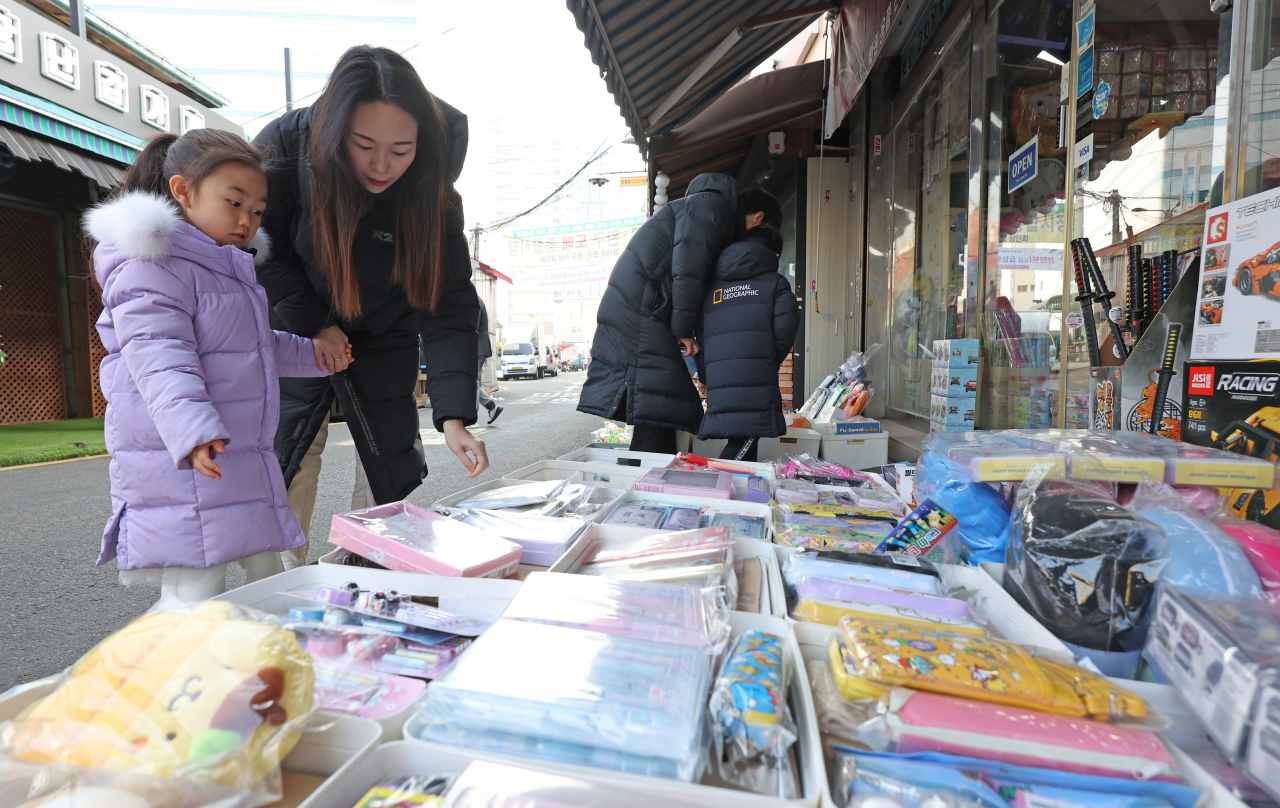
Jung Yoo-jin, 27, added that it is “unfair that the pressure that comes with childcare is mostly on moms.”
“First of all, it’s hard to find men who will share chores and childcare equally with you, but even if you do, Korea’s parental leave system is still mostly unfavorable to fathers, so it’s difficult to equally divide the responsibilities that come with childcare,” said Jung.
Korea’s parental leave system often faces criticism for the prevailing societal view that fathers taking parental leave is still not positively regarded. According to Statistics Korea’s Parental Leave Statistics from 2022, it found that there is still a gap between mothers and fathers who take parental leave, as fathers only accounted for 27.1 percent of those who took parental leave in 2022, while mothers accounted for 72.9 percent.
“After I took my parental leave for six months to take care of my son and got back to work, most people asked, ‘Did you rest well?’,” said Kwon Min-jun, a father who recently used his parental leave. “There is still a social perception that men take parental leave just to take a break from work, and I think that hinders a lot of other men from going on parental leave."
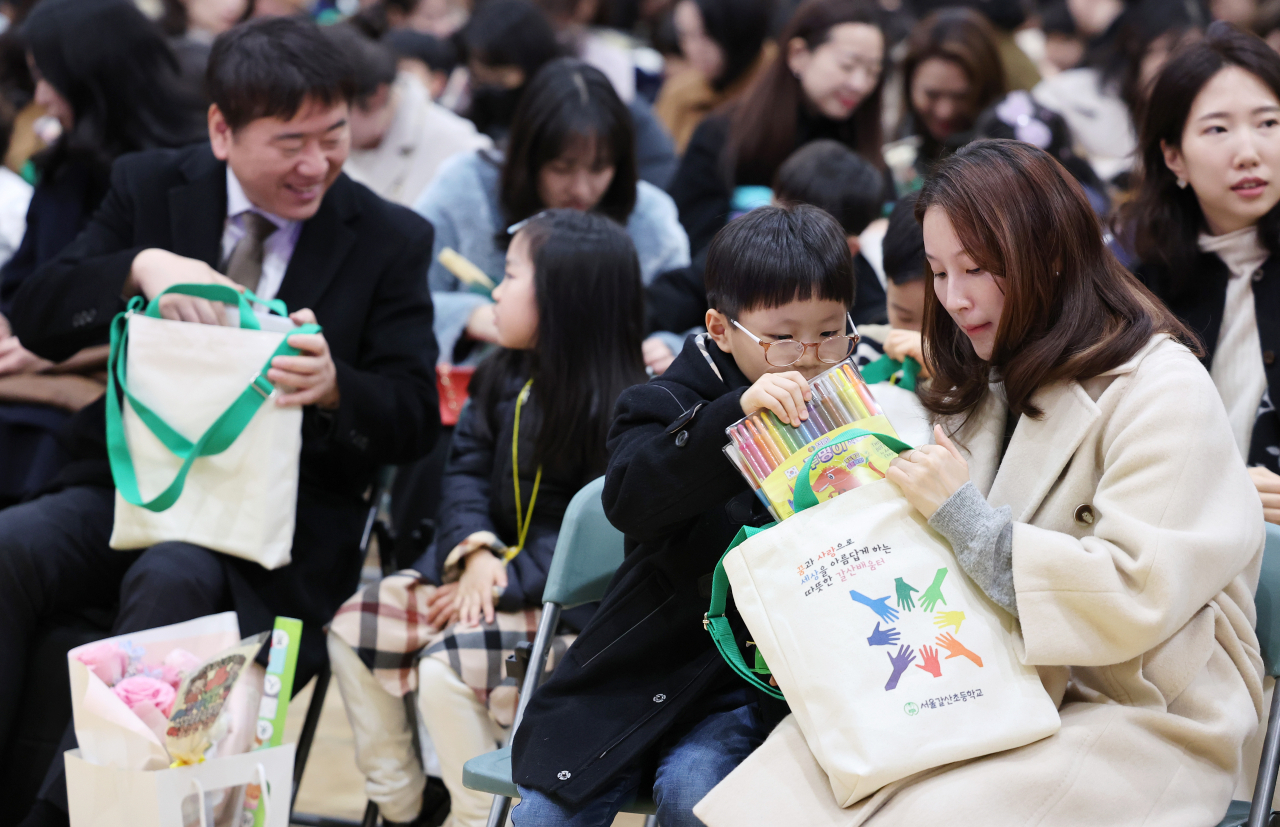
A need for social change
To increase total fertility rates, experts urge that a change in society is needed along with subsidies.
Professor Jung Jae-hoon from Seoul Women’s University's Department of Social Welfare referred to Sweden as an example that allows working parents to partake in active parenting while not having to worry about career loss or how their companies would perceive them taking parental leave. While Sweden’s total fertility rate has been decreasing in the last few years, it still is relatively higher than other OECD countries at 1.84.
“Sweden provides parental benefits and child support like Korea, but also has a working system that is favorable to both parents,” said professor Jung. “It’s easy for mothers to ease back into work after giving birth, as it allows workers on parental leave to work on a part-time basis. It also mandatorily assigns a certain number of days for fathers to take parental leave, creating a social atmosphere where both parents partake in parenting together.”
Jung added that subsidies are necessary “for childcare or for education,” but that business environments should also be changed to be more “parent-friendly” to boost total fertility rates in Korea.
“Society needs to be more accepting of families, starting with more companies promoting a work-life balance and introducing more family-friendly management policies so that both parents can feel encouraged to partake in parenting.”





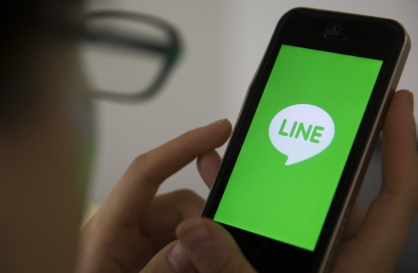




![[Weekender] How DDP emerged as an icon of Seoul](http://res.heraldm.com/phpwas/restmb_idxmake.php?idx=644&simg=/content/image/2024/04/25/20240425050915_0.jpg&u=)

![[Herald Interview] Guggenheim Museum makes a push for technology-based art with LG](http://res.heraldm.com/phpwas/restmb_idxmake.php?idx=644&simg=/content/image/2024/04/26/20240426050608_0.jpg&u=20240428114717)

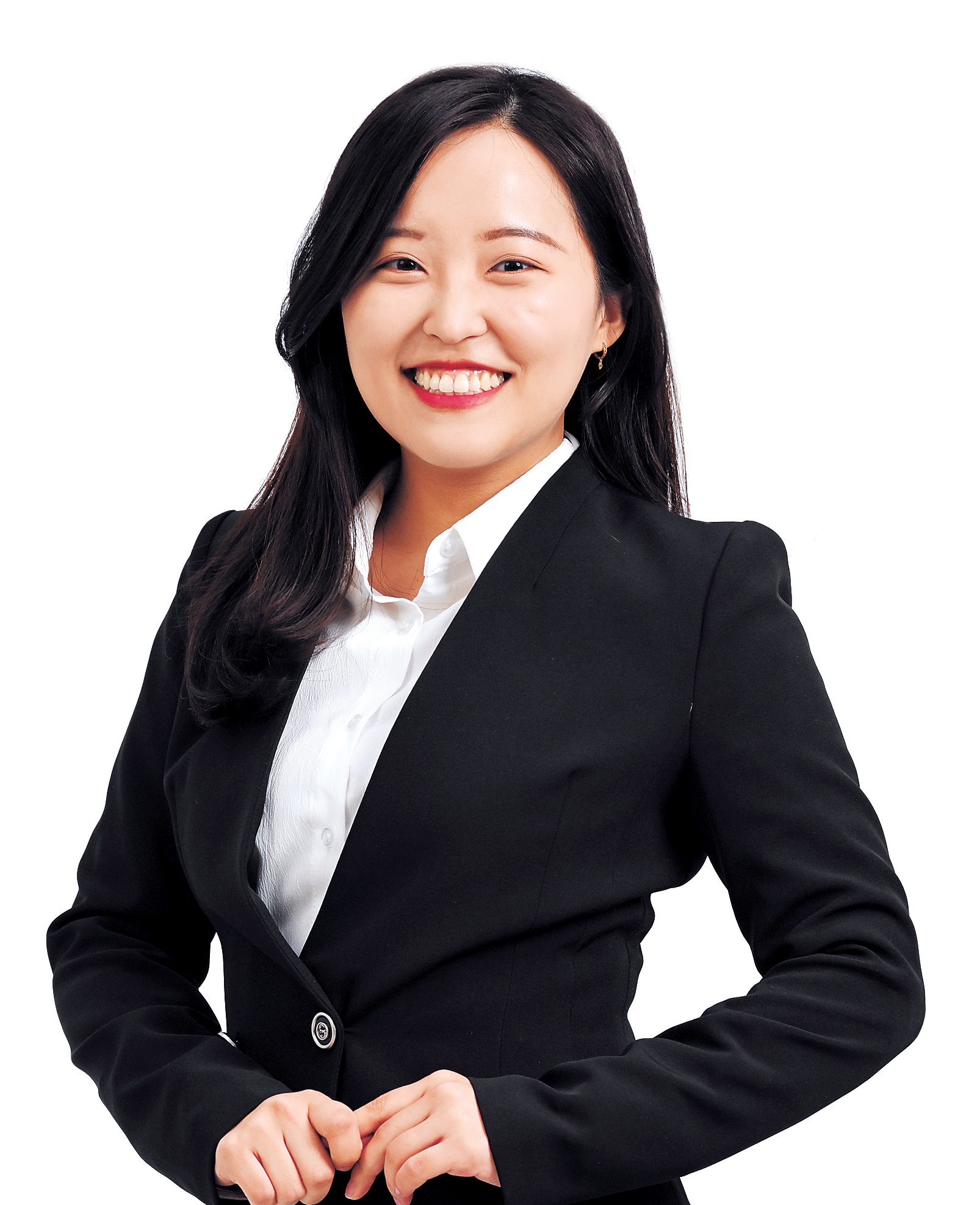




![[Herald Interview] Mistakes turn into blessings in street performance, director says](http://res.heraldm.com/phpwas/restmb_idxmake.php?idx=652&simg=/content/image/2024/04/28/20240428050150_0.jpg&u=)
